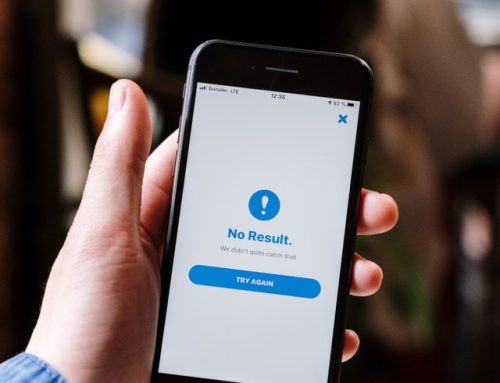Watching your weight, you rarely think that two is better than one. While one might be the better portion size, however, two can prevail when you’re thinking teamwork and support. Research indeed suggests that people do best losing and keeping weight off with the support of another person. I’ve written before about help in the quest for healthy weight (for starters, click on the “Coaching” tab above). I was recently asked specifically about how two friends can most effectively become “diet buddies” for each other.
A diet buddy team works together so that each can meet a similar goal. Maybe both want to get and stay on the South Beach diet. Or maybe each person has a specific weight target in mind. Maybe the two share a desire to overhaul their eating habits in small but consistent ways, or in broad sweeping strokes. Working together, the pair gains strength against cravings, fatigue, discouragement, or confusion. We’re less likely to mess up when we know someone else counts on us. We’re also more likely to do what’s good for us with the encouragement and problem-solving help of another.
Who is the best buddy for you? While all kinds of combinations can work, generally speaking it’s best to choose someone whose goals are fairly similar to your own. Also, choose someone you feel you can be honest with—in other words that you trust and feel emotionally safe with. At the same time, avoid someone who couldn’t challenge you if you were slacking off (or someone you’d be uncomfortable challenging yourself if need be).
Each of us responds differently to varied types of encouragement. Do you get rebellious or overly guilty if spoken to firmly? Do you prefer a gentler approach? Or, do you like a tougher kind of directness? It’s important to discuss in advance what you think will work best for you. Of course, if you’re considering someone as a buddy, you probably have a sense of that person’s style already. Trust your own sense of whether or not you could work together. That said, it’s important to remember that different styles sometimes provoke us to think of things, and do things, in brand-new ways. If you’re bad at planning your time and staying organized, for instance, you may do quite well teamed with someone who struggles more with perfectionism. You can learn from each other, partaking the good parts of the other’s habits. (For more on this particular aspect of teamwork, check Martha Beck’s January 2010 column in O, the Oprah Magazine, “It Takes All Kinds”.)
A buddy team can fizzle if certain pitfalls aren’t detected in advance. Minimize this possibility by discussing the following issues up front:
*how often, and how, do you want to check in with each other (daily, weekly, phone, email, in person, etc.)?
*how do you want to handle “emergencies” (in other words, when is it OK and not OK to call if you’re struggling)?
*how will you feel if the other starts progressing, and you’re not? Or vice versa? How will you handle that—at least occasionally-likely–
possibility?
*how will you discuss problems in how your team works, should they arise?
Consider, also, if there are things you can do together to reinforce your progress. For example, you could simultaneously read an inspiring book. You could plan walks or exercise times together, regularly or on occasion. It’s important to think, too, about how you’ll reward yourselves (in non-food ways) as you succeed.
The road to healthy diet and weight can be a rocky one, given the obstacles that abound. A buddy system can help you stay on track.



